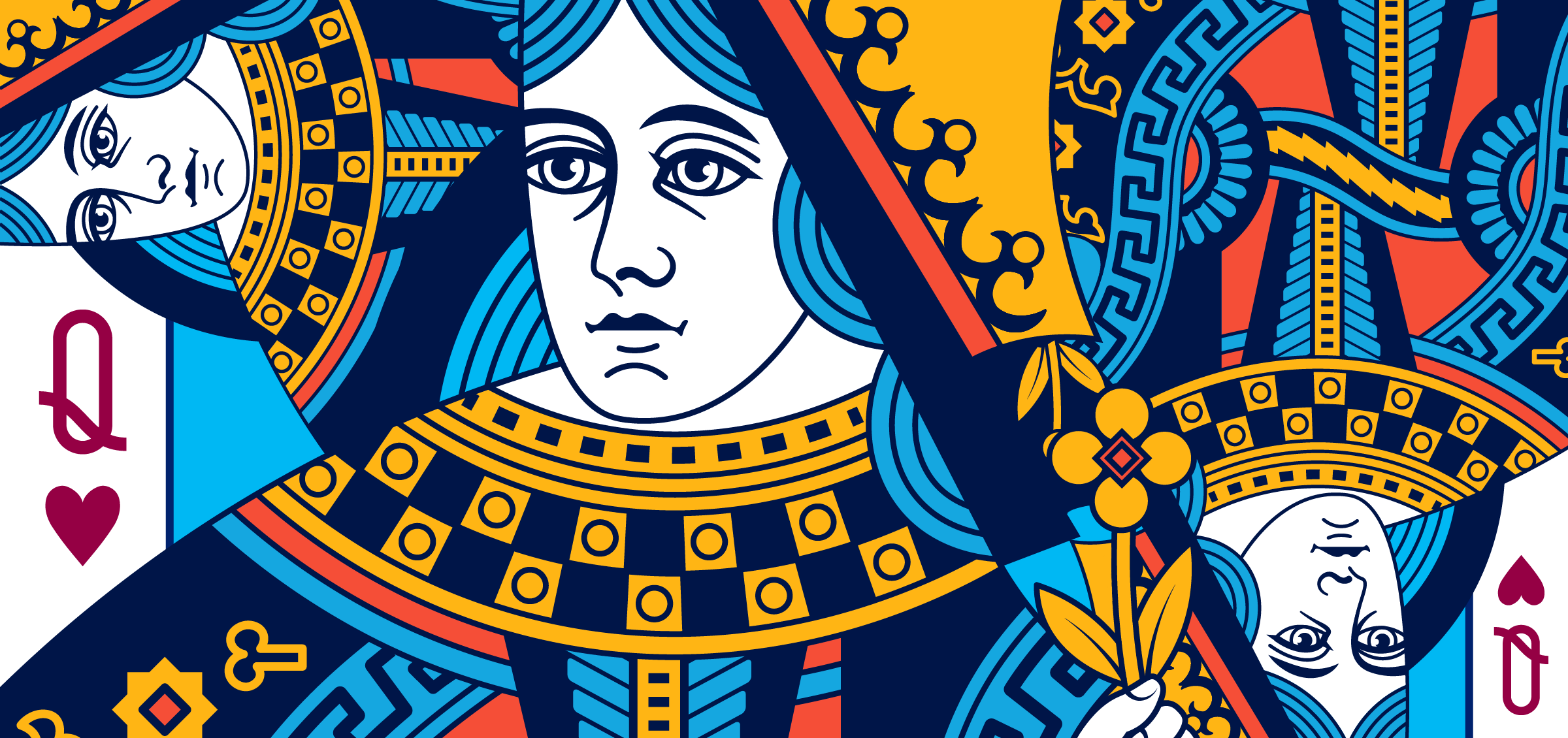June 2025

Answering tough questions is a skill. So is staying composed when facing the questions. To help people stay cool, our media training and speaker coaching practice developed a technique called polite poker face — one of our signature public speaking tips for high-pressure situations.
Even if you don’t play poker, most people know a poker face: a stoic glare which makes it hard to tell what someone is thinking or feeling.
While being asked a challenging question, it’s important that your facial expressions and body language remain in the middle. It’s equally important to show care about the topic and the person asking. The art of the polite poker face combines dos and don’ts:
| Do: | Don’t: |
| Maintain attentive eye contact with the person asking the question. | Nod your head during the question. It can be misinterpreted as an agreement of the question’s premise. |
| Stay calm while challenging questions are being asked. | Look bothered by the question – even if it bothers you. For example, avoid smirking, nervous laughter, or heavy sighing while being asked tough questions. |
Strong company spokespeople don’t show if a question or topic is bothersome. And that’s a learned skill they continuously practice.
But here’s the challenge:
Without discipline, facial expressions or body language can suggest you or your company are frustrated. That’s why media training emphasizes not just what you say, but how you look when you say it.
A poker face can help avoid misinterpretation. If your poker face is too strong, you can come across as disinterested or not caring. The key—and what we focus on in our public speaking tips—is finding the balance: composed, but not cold.
So how do you avoid looking frozen without giving too much away? Practice your polite poker face.
Nodding while listening to questions is normal listening behavior. But in media interviews, for example, the stakes are too high for normal behavior. Also, everyone and every company has questions they’d rather not answer. It’s important to know what those questions are so you can practice not letting the wrong feelings show. Before you answer questions from reporters, customers, community members or others, try the following three steps:
Practice polite poker face with a trusted advisor experienced in asking tough questions, reading body language and giving honest, helpful feedback.
Want support from seasoned media trainers who coach executives to stay cool under pressure? Contact us to help sharpen your presence.